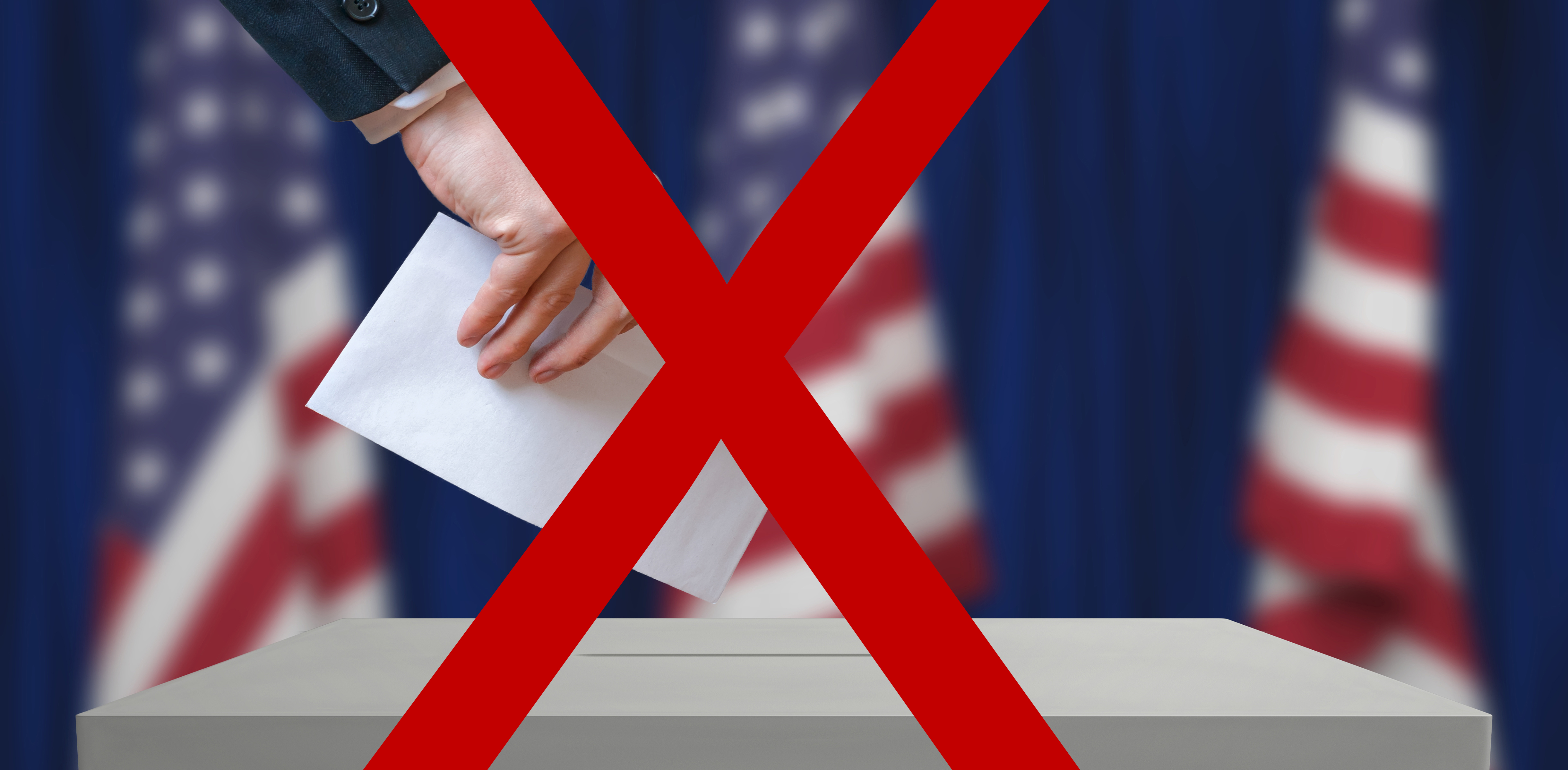Kerby Anderson
Since a number of presidential candidates are warning about “voter suppression,” it seems like a good time to accurately define the term. Let’s start with a simple issue. Cutting back early voting days is NOT voter suppression. Early voting in North Carolina reduced the days for early voting from 17 to 10. Florida reduced their early voting days from 14 to 8.
Citizens who are properly registered can still vote, but the number of days you can early vote are less. If this were an example of voter suppression, then any of the states that didn’t provide early voting would be guilty of voter suppression. I hope you can see the fallacy of calling this voter suppression.
Now, let’s look at a more common complaint that voter ID laws and other voting requirements constitute voter suppression. I have documented in previous commentaries that after most of these states instituted voter laws, minority voting increased.
For example, Georgia law required voters to be removed from the rolls if they had not cast a ballot in three years and did not respond to any inquiry by mail. Even though such voters were removed from the rolls, black voter registration increased. And in the last election African-American turnout also increased.
All of these facts along with many other relevant statistics haven’t prevented candidates from making claims of voter suppression. In her keynote speech at the NAACP convention last week, Senator Kamala Harris proclaimed that “without voter suppression, Stacey Abrams would be governor of Georgia, Andrew Gillum would be the governor of Florida.” For the record, Abrams lost by 54,723 votes, and Gillum lost by 32,463 votes.
I hope you keep some of the facts in mind since you will be hearing more about voter suppression from a number of candidates.
 Listen Online
Listen Online Watch Online
Watch Online Find a Station in Your Area
Find a Station in Your Area









 Listen Now
Listen Now Watch Online
Watch Online
